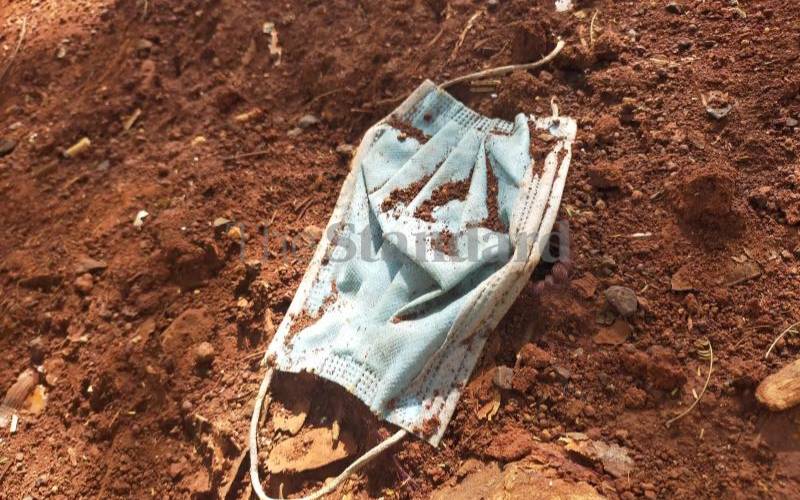×
The Standard e-Paper
Fearless, Trusted News

Covid-19 can be transmitted through the air after exposure to very fine respiratory droplets and aerosol particles containing the infectious disease.
The Centres for Disease Control and Prevention (CDC) which confirmed this, termed respiratory fluids as the fine droplets released during respiration.